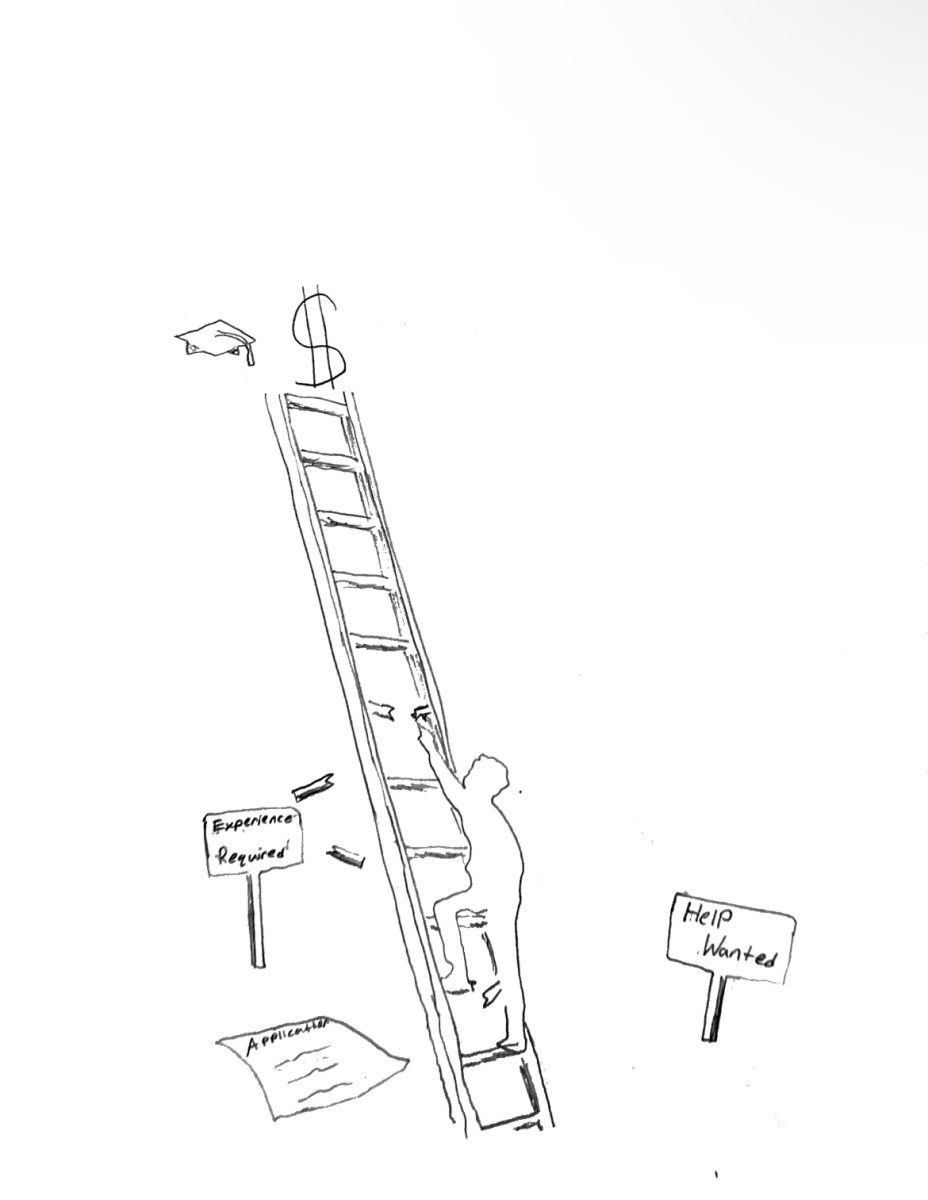
Individualism, independence, freedom. These have been the cornerstones of American ideology since the United States gained its independence 239 years ago. Every American hero, song and even English class novel reveres the American dream of freedom: freedom of speech, freedom of the press, freedom of religion, the list goes on. These liberties are essential to preserving the rights and democracy of U.S. residents. However, individualism also promotes a mindset that puts self-reliance before considering the entire community’s well-being. That is not to say that individualism is evil. In fact, it most certainly is doing more good than harm as it has driven American capitalism and entrepreneurship for over two centuries. But, as demonstrated by the year-long struggle against COVID-19, this American mentality has not only extended the fight against the virus, but has also exposed the self-centered nature of its citizens as countless individuals refuse to adhere to guidelines meant to protect their communities. The U.S. as a whole needs to adapt to the possibility of future harmful viruses by focusing less on the temporary loss of a freedom and, instead, on the communities’ ultimate recovery from the virus.
While those who embraced the individual mindset throughout the pandemic truly believed that they were expressing their human rights, countries that had adopted collectivism, such as Taiwan and South Korea, had more success in stopping the virus. Although some of their measures were more extreme than those taken by the U.S., their citizens understood the importance of collectively fighting the virus and were willing to fully isolate themselves to protect others. Individual freedoms need to come second when considering the health and welfare of all citizens, and the U.S. must learn to adopt this style of governing to curb future pandemics.
According to Diversity Atlas, while collectivist cultures tend to encourage conformity, individualist cultures prioritize the individual. Additionally, an article published by the University of California, Santa Barbara, suggests that individualistic societies are less efficient than collectivistic societies in protecting their citizens from harmful pathogens due to their citizens’ mindset that prioritizes self over others. Diversity Atlas outlines these disparities.
“Collectivistic people, especially in the face of a perceived risk, tend to have a higher sense of efficacy, meaning that the group will act to protect individuals or the community,” the article states. “Individualistic societies are conversely more isolated, socially and psychologically than collectivistic societies, which reduces the efficacy of massive social coordination.”
However, personal ideologies are not the only contributors to Americans’ reluctance to strive for a country free from COVID-19. According to The Conversation, many Americans strongly believe they have the right to behave however they wish and become upset once this freedom is denied. It is then natural for many to perceive COVID-19 regulations as a threat to their liberties and react negatively which explains the countless videos of Americans who were unwilling to wear masks or abide by safety regulations throughout the past year. The American people who prioritize their rights over the lives of others need to understand that the short-term loss of these small freedoms ultimately benefits themselves and the entire community in the long run.
While it is up to the citizens to comply with regulations to protect others, countries with community-oriented mindsets are at an advantage when it comes to enforcing collective policies. According to Forbes, when there is an increased risk of harmful pathogens for a prolonged period of time within a community, society tends to adopt more collectivist policies to protect itself from future pandemics. This correlation between higher pathogen risk and collectivism provides further evidence that combatting a dangerous virus requires societies to work closely together.
Therefore, western countries, notably those in Europe that suffered less from harmful pathogenic exposure, were unlikely to adopt a collectivist approach to handling the COVID-19 pandemic. These individualistic perspectives have been proven faulty time and time again as many Western nations still struggle to contain the virus and have endured multiple shutdowns. While individualism certainly has its benefits, its self-centered nature enhances the pathogen’s ability to infect millions of people from those countries.
That’s not to say that the U.S. must entirely alter its individualist policies and become a communist nation. Many of the methods used by China, a collectivist country, to fight off the virus were considered much too severe, and possible infringements on human rights as the Chinese government sealed people indoors, sometimes with metal bars, for weeks on end and announced “wartime mode” policies. Yet, if the U.S. had adapted to the virus by implementing more disciplined, nationwide regulations instead of leaving it up to the states to decide how to combat COVID-19, the country may have gotten out of this mess earlier.
To improve how the U.S. responds to future pandemics, our leaders must observe how the collectivist countries like Taiwan and South Korea responded to the COVID-19 pandemic and replicate their policies, because when another pandemic strikes again, it will not be lenient with self-centered countries.







